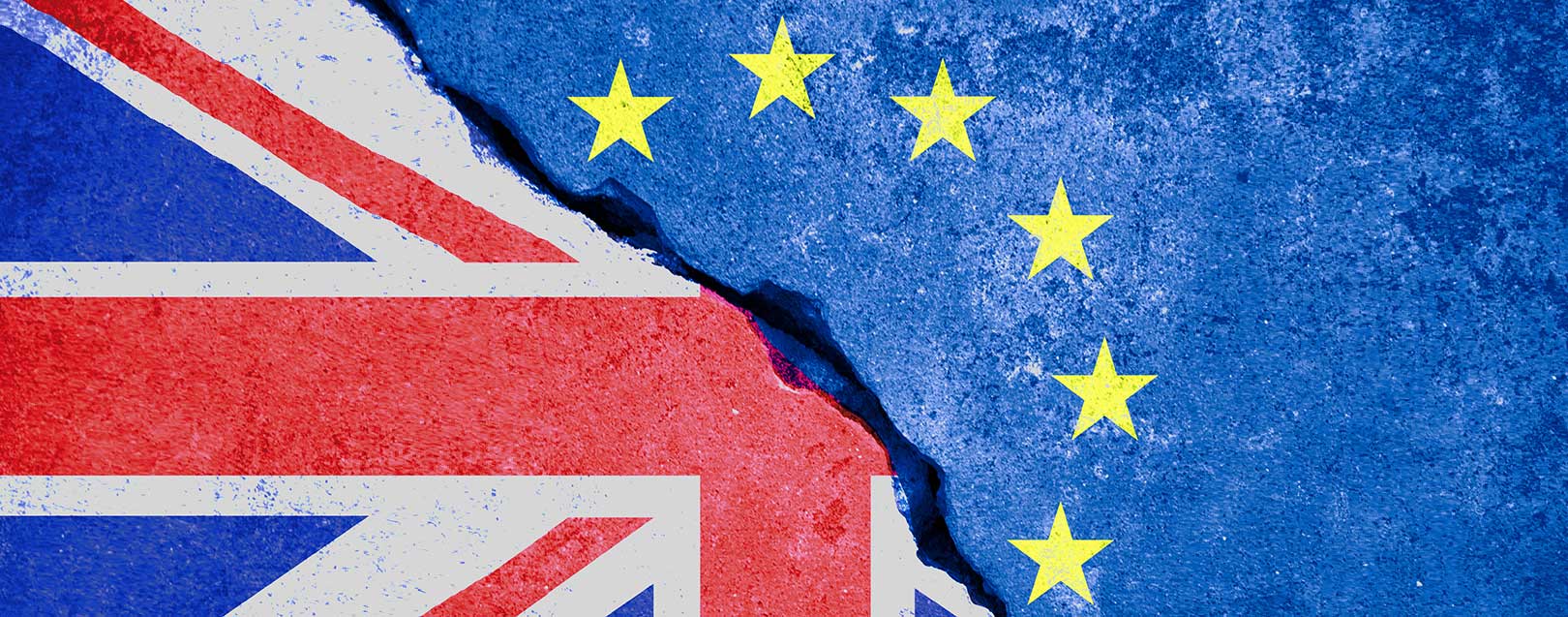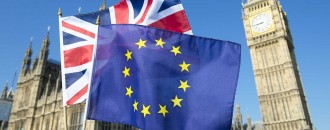
British Parliament approves Brexit bill, to trigger Article 50
The Dollar Business Bureau
The British Parliament on Monday overwhelmingly approved a bill allowing UK Prime Minister Theresa May to trigger Article 50 legislation by March 27, bringing Britain one step closer to its exit from the European Union.
Welcoming the Parliament's approval on Monday, British Brexit Secretary David Davis said: “Parliament has today backed the government in its determination to get on with the job of leaving the EU ... We are now on the threshold of the most important negotiation for our country in a generation."
"So we will trigger Article 50 by the end of this month as planned and deliver an outcome that works in the interests of the whole of the UK," he said.
The Bill passed both the House of Commons and the House of Lords without any amendments. The Brexit file has now been sent to the Queen and Prince Charles for their assent. After the royals give their approval, Theresa May will then be able to start the two-year negotiation as underlined in Article 50 of the Lisbon Treaty.
Davis had earlier called on Parliament to not block the Bill any longer or tie May’s hand over parliament giving final consent to the bill. Davis said now that the bill has been approved from both the Houses, the government could "get on with the job" of negotiating the UK's exit from the EU bloc.
The approval of the Brexit bill from the UK parliament has also given voice to Scotland’s second independence referendum, as Scotland's First Minister Nicola Sturgeon has expressed her intent of holding a second Scottish Independence Referendum after Brexit negotiations go underway.
Theresa May is set to address the MPs today. She is expected to receive views and concerns about Brexit from the Parliament.
There has been a common consensus that Theresa May will be adopting a hard-Brexit negotiations stance with an attitude that she has nothing to lose. The already complicated Brexit deal has become more complex following the Scots’ call for a second Scottish Independence Referendum, thereby raising concerns among the British traders.






 to success.
to success.